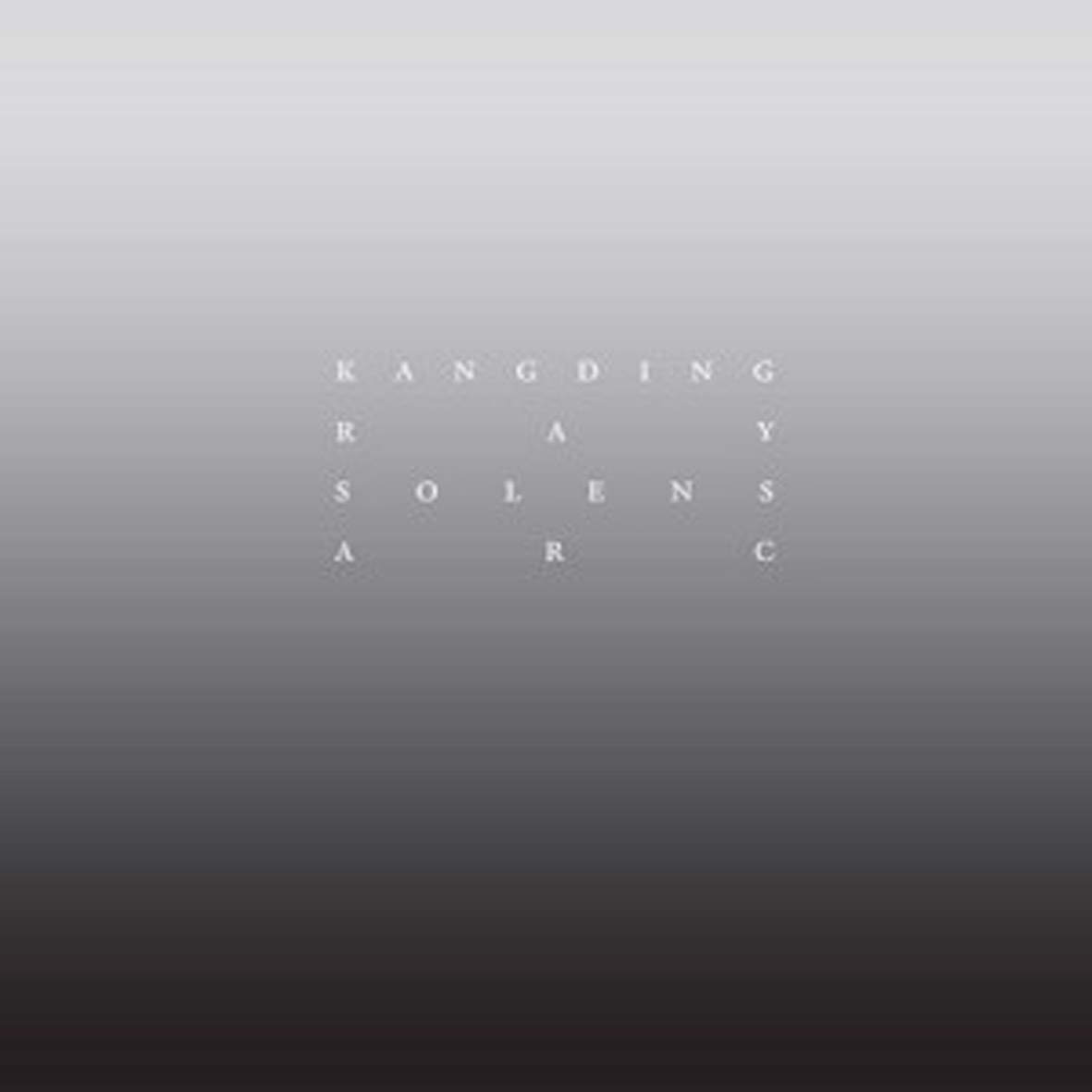 This fourth full-length by the revered (yet somewhat chameleonic) David Lettelier takes his techno in a simpler and more spacious direction than its 2011 predecessor (OR) with varying degrees of success.  While I have seen this effort compared to early Autechre or referred to as "IDM" or "retro" several times, it does not feel much like a deliberate nostalgia trip at all to me.  Such reference points are not exactly off-base, but Solens Arc often seems much more like Lettelier has merely discovered that a throbbing, non-intrusive rhythmic backdrop is the perfect framework for presenting his more experimental leanings.
This fourth full-length by the revered (yet somewhat chameleonic) David Lettelier takes his techno in a simpler and more spacious direction than its 2011 predecessor (OR) with varying degrees of success.  While I have seen this effort compared to early Autechre or referred to as "IDM" or "retro" several times, it does not feel much like a deliberate nostalgia trip at all to me.  Such reference points are not exactly off-base, but Solens Arc often seems much more like Lettelier has merely discovered that a throbbing, non-intrusive rhythmic backdrop is the perfect framework for presenting his more experimental leanings.
Tellingly, Lettelier has both a career in architecture and some time in noise-rock bands in his resume: two threads that manifest themselves quite clearly on Solens Arc.  David seems to have made a conscious effort to build these songs from only the most simple and necessary components and to purge them of all possible clutter.  In that regard, this album is a complete success, as his palette of thumping bass drum, synthesizer, and gnarled, heavily processed guitar throws everything into sharp relief and makes every single sound count.  That approach works beautifully when a piece is built upon a strong motif, like the wobbly, ravaged-sounding swells of "Transitional Ballistics" or the sizzling, panning ambient thrum of "Apogee."  It is less successful, however, when the composition falls a bit short in some capacity.
Usually those shortcomings come in the form of dated-sounding synth textures, which was a bit unexpected for me, as Solens Arc also has quite a few four-on-the-floor house beats, which is something I usually loathe.  David does an admirable job of keeping them to a low simmer though, rather than using them to bludgeon me with forced excitement.  David's synthesizer arpeggio hooks are a legitimate problem though, as they definitely take otherwise great pieces like "L'Envol" and "Amber Decay" down a peg with their artificial, stuck-in-the-late-'90s burbling.  That is very exasperating, as the alternately snarling and distantly hollow guitar swells of "Decay" are otherwise prime grist for a killer song.  Also, the synths feel weirdly out of character with the rest of the album's aesthetic, as Letellier is otherwise extremely adept at avoiding anything that seems heavy-handed or too on-the-nose.
I suspect people with deeper nostalgia for the '90s dance underground or less of a subjective hostility towards synthesizer arpeggios will get a lot more out of this album than I did, but I was definitely very impressed by David's clarity and skill nonetheless.  There is a lot of legitimately great material here (I also liked the lurching, hissing opener "Serendipity March") and it is generally executed in a distinctive way.  Unfortunately, the sprinkling of dated techno tropes and textures waters down what should have been a uniformly excellent album.  As it stands, "Transitional Ballistics" is the only unqualified success on Arc to my ears, but its assemblage of inspired near-misses is still significantly more appealing and expertly realized than the bulk of Kangding Ray's peers.  At its best, Arc more closely resembles experimental music with a strong pulse than a mere well-crafted trip back to the more discriminating dancefloors of decades past–I just wish it was at its best more often.
Samples:
 
Read More

